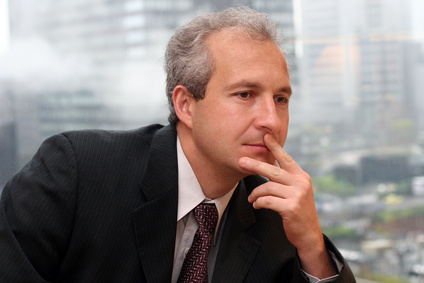
Changing an addictive pattern often means changing a life-style. The goal is to help people remove the stumbling blocks that keep the addiction or compulsive behavior so central in one’s life.
Our approach looks at the Stages of Change and helps create strategies to move from the first stage of considering a change to ambivalence about it, planning for it and finally, taking action and being able to maintain the new resolve.
Addiction treatment has changed dramatically over the many years I have been in this field. It started with shaming tactics and stigmatizing addicts for being “morally inferior” or “lacking willpower.” It spoke of spouses as “causing him or her to drink,” instead of recognizing h/her pain and efforts to help. It has since moved to recognizing that alcoholism and drug abuse is a disease, and that there are ways to help people increase their motivation to make change in this disease. In addition, newer studies show that not everyone requires abstinence. Harm reduction may be a viable goal for some people.
When I work with people who have addiction problems, I work with a wide range of effective treatment approaches. The client and I together, decide which is the best initial goal and then assess the outcome. As the client learns more about his or her triggers and cues for using and the choices and options available, there is a clearer path to recovery and feeling better. The raging fires can become contained in a hearth of life-giving warmth.
